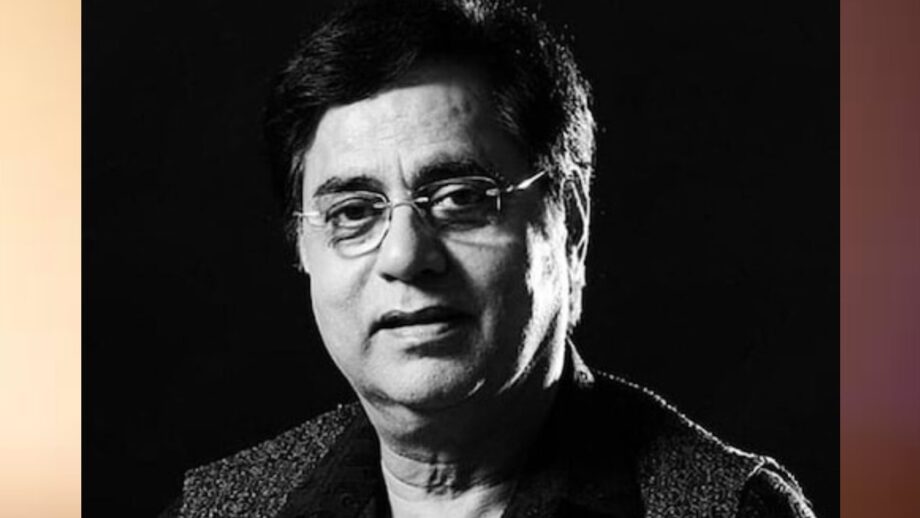Indian classical vocalist, composer, and musician Jagjit Singh was dubbed “The Ghazal King” during his lifetime. He is regarded as one of independent India’s most significant and well-known artists after Ravi Shankar. He is undoubtedly the best-selling artist due to his soundtracks and scores for film and television, as well as his musical interpretations of poets’ works. Over 60 albums were recorded over his lifetime, not counting scores. He is well-known for his “ghazals” and multilingual singing, in addition to Indian light classical music like “thumri” and “bhajan.”
In the 1970s and 1980s, he and his wife, the “ghazal” singer Chitra Singh, rose to fame and brought back a tradition of singing that had been dormant since the late 1950s. He wrote music in the “Bol-pradhan” style, which combines vocal improvisation and sung poetry with predetermined musical arrangements. He accompanied his lyrics with straightforward melodies and modes, which were thought to be current and applicable to modern life.
Originally named Jagmohan Singh, the ghazal singer was given the new name Jagjit by his father, Amar Singh Dhiman, on February 8, 1941, in Sri Ganganagar Rajasthan. The vocalist studied “Khayal,” “Thumri,” and “Dhrupad” forms during her six-year training period with Pandit Chhaganlal Sharma, Ustad Jamal Khan, and later the “Sainia Gharana.” After graduating from DAV College in Jalandhar with an arts degree, he continued his education at Kurukshetra University in Haryana for his post-graduate studies. Jagjit decided on D.A.V. College in Jalandhar for his higher study because the school’s principal discounted the expenses for gifted musicians who attended the dormitory and paid tuition. In addition, the All India Radio (A.I.R.) station in Jalandhar also broadcasts classical music programs, another factor. He received a “B” class artiste rating from A.I.R. and was permitted to perform live music six times a year.
Here are some of the golden Ghazal of Jagjit Singh
Koi Fariyaad
Jhuki jhuki si Nazar
Ye tere ghar ye mera ghar
Tere Aane ki jab khabar Mehke
Hothon Se chhu Lo Tum
Source: SW
Keep reading IWMBuzz.com


